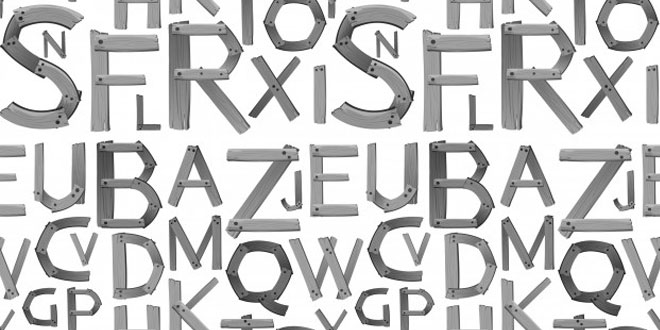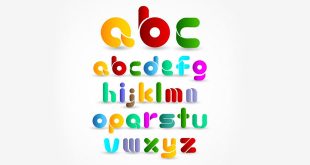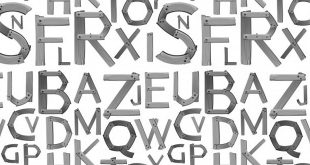Types Of Adjectives
- Descriptive Adjectives
- Predicative Adjectives
- Personal Titles
- Possessive Adjectives
- Demonstrative Adjectives
- Indefinite Adjectives
- Comparative Adjectives
- Superlative Adjectives
Descriptive Types Of Adjectives
Descriptive adjectives are the types of adjectives where the words used describe the noun or the noun phrase. For example: ‘A beautiful day’. In this case ‘beautiful’ is the adjective which qualifies or describes the noun ‘day’. Descriptive adjectives have several forms which are discussed below.
- Colors as adjectives: Black, Blue, White, Green etc.
- Touch as adjective: Slippery, Sticky etc.
- Feelings as adjectives: Happy, Sad, Angry etc.
- Sizes as adjectives: Big, Small, Thin, Thick etc.
- Shapes as adjectives: Triangular, Rectangular, Square, Circular etc.
- Qualities as adjectives: Good, Bad, Average etc.
- Time as adjective: Yearly, Monthly etc.
Predicative Adjectives
Predicative adjectives are those which follow a linking verb and not a noun. Predicative adjective does not act as a part of the noun it modifies; it serves as a complement of a linking verb which is connected to the noun of the sentence. Take for instance ‘The bag is heavy’. Here, the predicative adjective ‘heavy’ follows the verb ‘is’ and is linked to the noun ‘bag’.
Other examples are:
- The weather will be cool and dry.
- That child is young.
Personal Titles
Personal titles are a form of adjectives where the titles such as – Mr., Master, Miss, Mrs., Uncle, Aunt, Lord, Dr., Prof., etc. are used as adjectives to describe the position of the noun. These titles could be placed in the front of people’s names or even at the end. For example:
- The day after tomorrow, you can visit Aunt Pauline and Uncle John.
- The classes on Monday will be presented by Dr Mary and Prof. Kate.
Possessive Adjectives
Possessive adjective is used where the sentence shows possession or belongingness. They are similar to possessive pronouns and, in this case, are used as adjectives which modify a noun or noun phrase. Here, words such as – our, my, your, his, her, it’s, their, etc are used. For example:
- What is your phone number?
- We have lost our way in these woods.
Demonstrative Adjectives
Demonstrative adjectives are used when there is a need to point out specific things. The adjectives function as a way to demonstrate something and are similar to demonstrative pronouns. Here words such as – this, that, these, those, what, etc. are used. Take, for instance, the sentence: ‘If I hear that sound again, I will call the Police’. Here ‘that’ refers to a specific sound. Other examples are as follows:
- Those shoes are too expensive.
- This bag is not mine.
Indefinite Adjectives
Indefinite adjectives are used when the sentence has nothing to point out or specify. These adjectives are formed from indefinite pronouns and do not indicate anything in particular. The list includes words such as – no, any, many, few, several, etc. Here is an example explained in detail: ‘The chief has heard many people make the same promise’. The word ‘many’ is an indefinite adjective which does not specify ‘how many people’ but does modify the noun ‘people’.
- According to a council spokesman, there are no wallabies left in Derbyshire.
- However, over the past few months, many walkers have reported seeing several adults with young.
Comparative Adjectives
Comparative adjectives are those adjectives which imply the increase or decrease of the quality. They are used to compare two things in a clause. Adjectives are generally made comparative by adding ‘er’ to the main word like nicer, taller, smarter etc. Other forms include adding ‘more’ before the original word or even the changing the word completely. For example:
- The detective is younger than the thief.
- Science is more important than mathematics in these days.
- Afghanistan is in an even worse state after the US interference.
Superlative Adjectives
Superlative adjectives express the greatest increase or decrease of the quality. It shows a comparison between one and a number of people considered separately. For instance ‘He is the richest man in this town’. Here the word ‘richest’ is the superlative adjective which shows a comparison individually.
- Mary is the tallest of all the students.
- I am in the smallest class in the school.
- U.S. is the most influential country in the world today.
- Einstein is arguably the best scientist of recent times.
Adjectives, while very important, should not be overdone while writing or speaking. They have their limits and any excess can render your speech or written piece verbose and unappealing. Also, make sure that you do not confuse them with ‘Adverbs’ which can, at times, be quite overlapping with this concept.
 Class Notes NCERT Solutions for CBSE Students
Class Notes NCERT Solutions for CBSE Students


